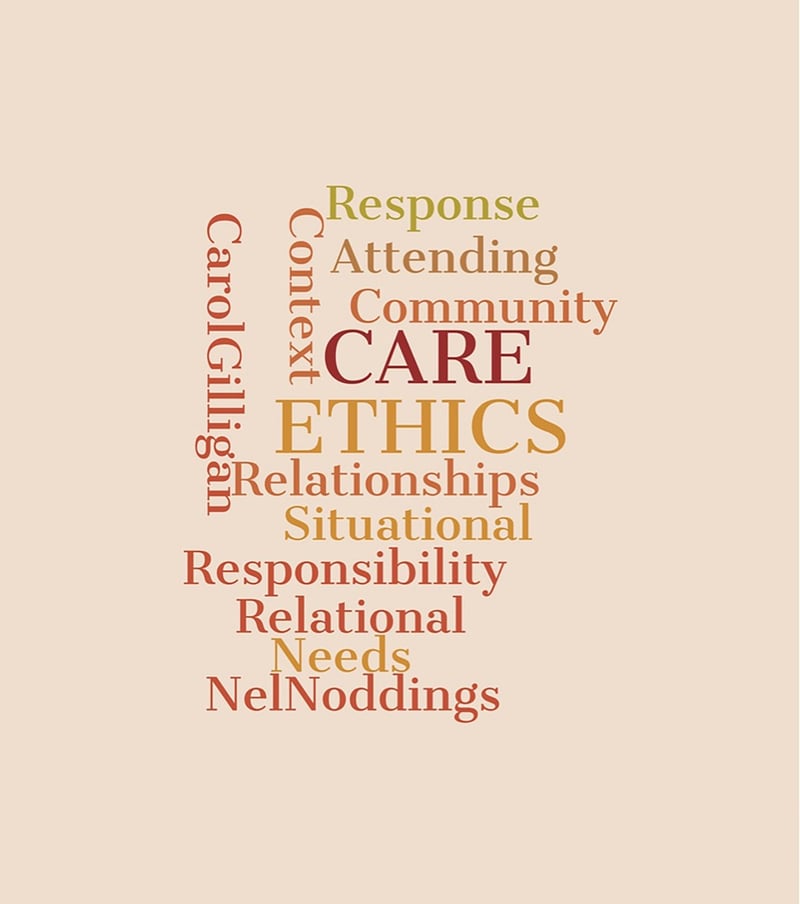Altering History
The Impact of Moral Considerations on Altering History

When it comes to altering history, be it through the manipulation of historical records, reinterpretation of past events, or the suppression of certain narratives, moral considerations play a crucial role in shaping the outcome. The ethical implications of tampering with historical facts raise complex questions about truth, justice, and the preservation of collective memory.
Understanding the Ethical Dilemma
One of the primary ethical dilemmas surrounding the alteration of history lies in the distortion of reality and the potential consequences of presenting a skewed version of the past to future generations. By selectively modifying historical accounts to fit a particular narrative or agenda, individuals and institutions risk erasing important lessons, perpetuating falsehoods, and undermining the integrity of historical records.
The Role of Morality in Decision-Making
Morality serves as a guiding principle in the decision-making process when it comes to altering history. It prompts individuals to consider the broader implications of their actions, assess the ethical ramifications of historical revisionism, and weigh the potential harm caused by manipulating the truth.
Case Study: Censorship in History Textbooks
One common example of moral considerations influencing the alteration of history is the censorship of information in educational materials. Governments or authorities may choose to omit certain events or perspectives from history textbooks to shape the narrative in a way that aligns with their interests or ideologies. This deliberate act of historical revisionism raises concerns about academic integrity, intellectual freedom, and the right to access unbiased information.
Preserving Historical Integrity
While the temptation to alter history for personal, political, or social gain may be strong, upholding the integrity of historical records is essential for maintaining a truthful account of the past. By adhering to ethical standards, respecting diverse viewpoints, and acknowledging the complexities of history, individuals can contribute to a more nuanced and accurate understanding of the world around them.
Conclusion
In conclusion, the interplay between moral considerations and the alteration of history underscores the importance of ethical conduct, critical thinking, and a commitment to truth. By recognizing the ethical dilemmas inherent in historical revisionism and upholding moral principles in decision-making, individuals can navigate the complexities of the past with integrity and respect for the truth.
